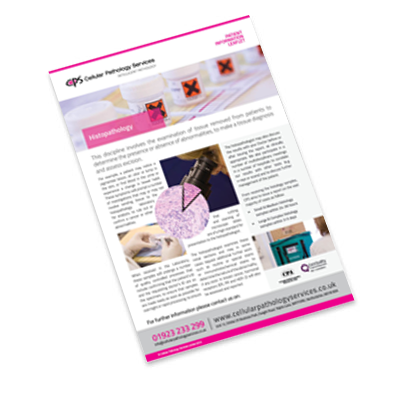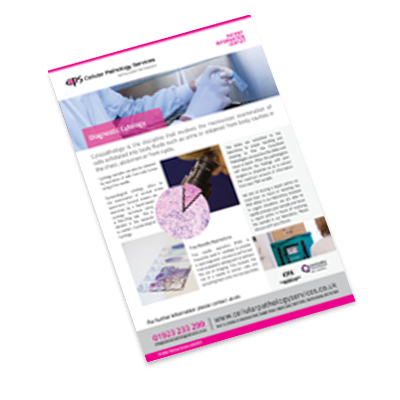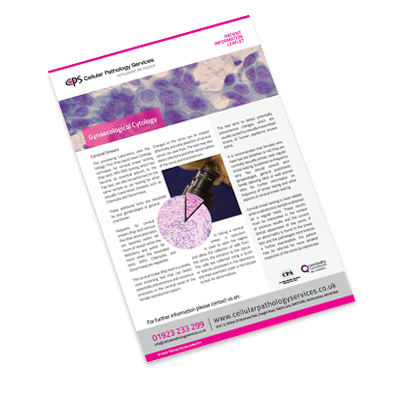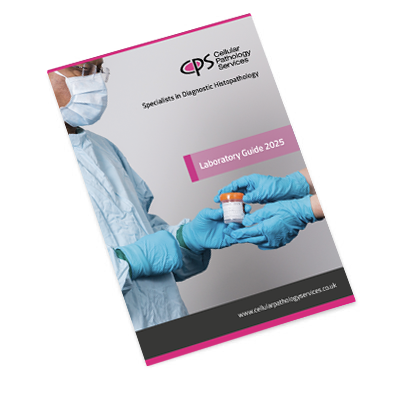1. Visiting your GP
You have a health concern, feel unwell or notice something unusual you may visit your GP. The GP will either request some tests or prescribe some medications for you. If necessary, the GP may refer you to see a consultant specialist in your specific complaint.
2. Referral to a consultant
The consultant referral may be either to an NHS Hospital or privately. In either situation the GP needs to prepare a referral letter.
The referral letter will have full details of your medical history, allergies, and medications you may be taking.
3. Privately insured or self pay
If you have private medical insurance, when referred to see a consultant, it is important you contact your insurance company and obtain an authorisation that you will be covered for your treatment. Most insurance companies insist on a referral letter from your GP to enable to private a pre authorisation.
4. NHS Referral
Your GP may also refer you to see a consultant privately via the Choose and Book system or through an arrangement with your local Clinical Commissioning Group (CCG).
Your referral letter will be sent for triage and an appointment will be offered to you via your surgery.
Which you may be asked to take with you if you are seeing a consultant privately.
5. Your consultant appointment
On attendance with your consultant, you will discuss your concerns, be examined and go through your medical history. If necessary, your consultant will refer you for outpatient tests, such as pathology (blood tests) and imaging.
A follow up appointment will be required with your consultant to discuss the results of your tests. At that point, should a surgical procedure be required, the consultant and his/hers secretarial team will discuss with you a suitable date for your procedure.
Find out more information on cytology and histology in the downloadable e-Leaflets below.
6. Booking your procedure
During your surgical or endoscopic procedure, biopsies and tissue may be taken for histopathological examination. The tissue will be put in specific pots and appropriate request forms are completed by the treating Consultant and his/her nursing team. After double checking by the theatre / clinic staff, this will be sent to the CPS laboratory for examination.
Find out more information on cytology and histology in the downloadable e-Leaflets below.
7. The procedure
During your surgery, biopsies and tissue may be taken. This must be examined by a Consultant Histopathologist, and in order for this to haven the samples are taken to a laboratory.
The tissue will be put in specific pots, paperwork completed and this will all be double checked by the theatre staff.
Find out more information on Histopathological samples, Diagnostic Cytology samples and Gynaecologic Cytology samples in the downloadable e-Leaflets below.
8. CPS collect the samples
CPS has their own designated and trained courier. He will collect the samples from the hospital or private clinic, ensure the packaging is secure, complete the paperwork in the theatres and sign for the sample.
9. Samples arrive at CPS
When the courier delivers your sample it is signed for, logged on our system, and put through our stringent processes, specific to the requirements of the requesting consultant.
10. Preparation of Sections
In the laboratory, cytology and histology samples are processed differently. Essentially, cytology samples are prepared to produce monolayers of cells which are then stained; histology samples are cut by a competent and trained professional so the tissue can be processed largely overnight or on a 4-6 hours cycle if an urgent result is required, provided the tissue is of a suitable size. The aim is to produce wax embedded tissue blocks. These will be cut to produce stained glass slides for the pathologists to examine and report on.
11. Final pathology report
The Consultant Cellular Pathologist will produce a full report on examination of the cytology or histology slides. Additional staining methods such as special stains and immunohistochemistry may be required to reach at the final diagnosis. Often, the pathologist may also discuss the result with the requesting doctor so the next course of action can be determined when discussing the result with the patient.
12. Discussing your results
You will be asked by your consultant to make a follow up appointment to discuss the cytopathology and/or histopathology result and to put in place your care plan.
If the diagnosis is a type of cancer, the patient’s clinical case may be discussed with the whole team at the MDT (multidisciplinary team meeting) to ensure consensus on the patient’s treatment.






